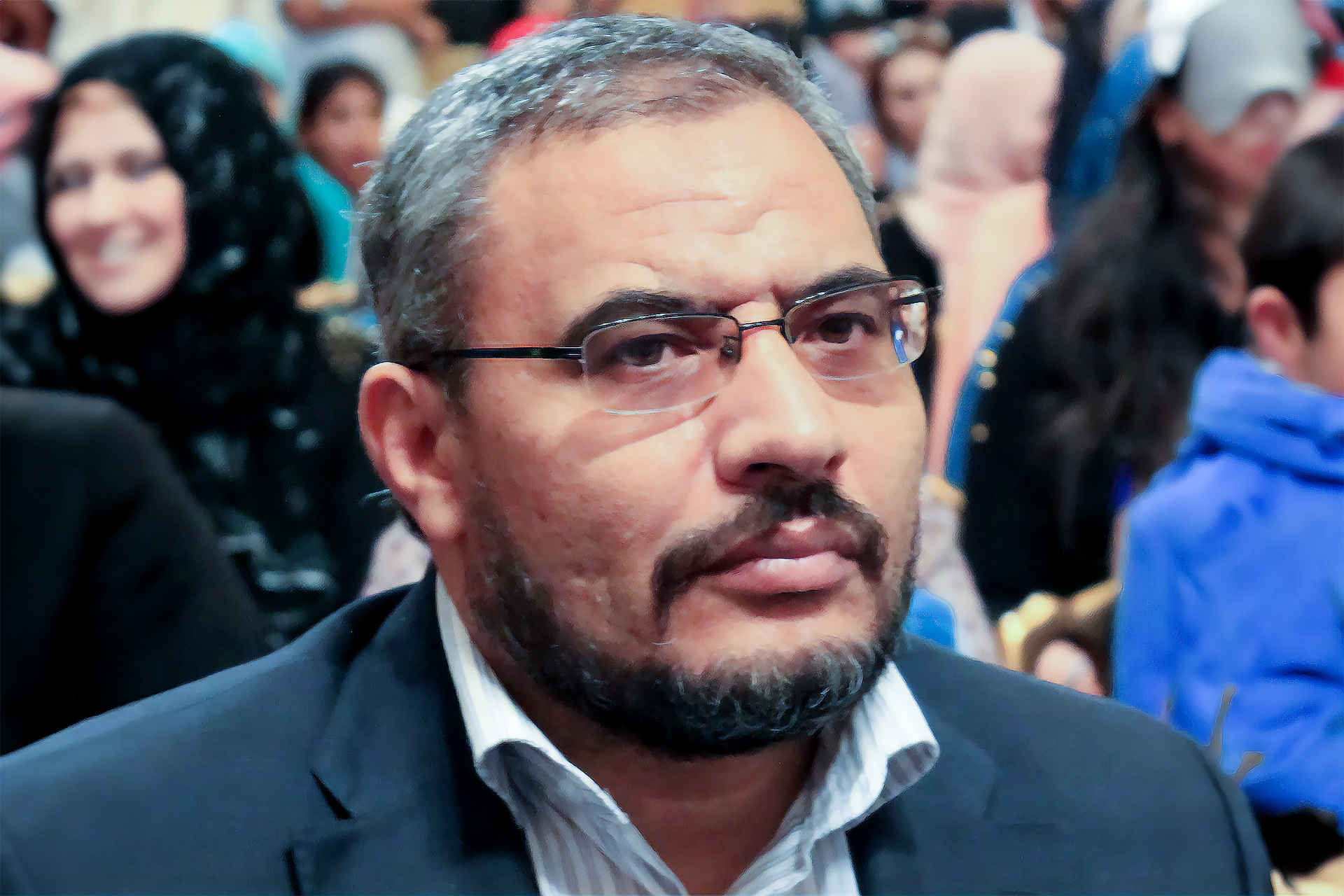A correspondent for the French newspaper Le Monde referred to what she described as the prevailing concern in Tunisia about the health of the leading opposition figure of the Ennahda movement, Sahbi Atiq, who has been on hunger strike for a month to protest his arrest.
The newspaper added that Atiq, who appeared on Friday before the investigating judge of the Court of First Instance in the province of Ariana on the outskirts of Tunis, is in "very poor" health due to his hunger strike.
His lawyer, Samir Dilou, told the French newspaper that he "can no longer walk, and is barely conscious," adding that the detainee had to be "carried by three security personnel to be able to go to court." He pointed out that his health condition prevented the completion of his hearing.
Last Monday, Ennahda called – in a statement – to intervene in order to save the life of the movement's leader who was arrested by the country's authorities, following a "severe deterioration in his health."
In turn, the defense team for Ateeq called for his "immediate release", noting that "the investigating judge in charge of the file bears full responsibility for what threatens his life."
Atiq was arrested at Tunis-Carthage airport on the sixth of last May, when he was preparing to travel to participate in a conference in Turkey, claiming that he was wanted in a money laundering case. On the 13th of the same month, the Tunisian judiciary issued a deposit card (order) for Atiq prison, only to go on hunger strike three days later.
Since February, Tunisia has witnessed a campaign of arrests involving politicians, media professionals, activists, judges and businessmen.
Tunisian President Kais Saied accused some of the detainees of "conspiring against state security and being behind the crises of distributing goods and rising prices".
Saied has repeatedly stressed the independence of the judicial authorities, but the opposition accuses him of using the judiciary to prosecute those who reject the exceptional measures that began to be imposed on July 25, 2021, creating a severe political crisis in the country.

